GORDON PARSONS is bowled over by a skilfully stripped down and powerfully relevant production of Hamlet
Poetry of praise and protest
RUTH AYLETT recommends a new collection that is direct and open to all, both conversational and radical
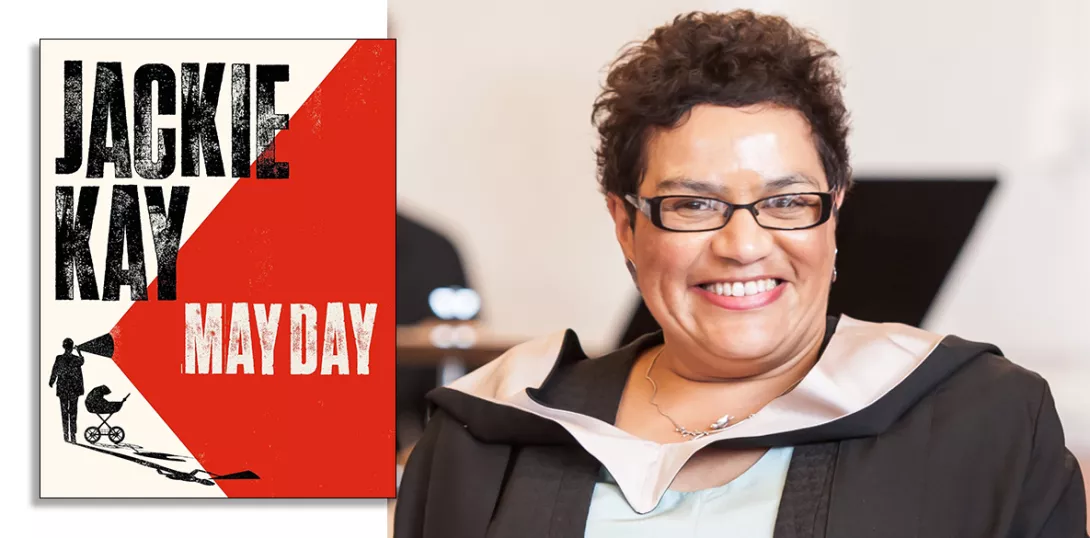
May Day
By Jackie Kay, Picador
£10.99
Jackie Kay has been a leading British poet for a good 30 years and she was Scotland’s Makar (poet laureate) from 2016-21. Her poetry is direct and open to all, and her voice is distinctive: both conversational and radical.
May Day is her latest collection. Its title has two meanings, represented by two poems, one called MayDay, and the other May Day. The first is a signal of distress at the recent deaths of her parents, while the second is a celebration of their activist lives as committed socialists and trade unionists, including many years in the British Communist Party.
More from this author
The phrase “cruel to be kind” comes from Hamlet, but Shakespeare’s Prince didn’t go in for kidnap, explosive punches, and cigarette deprivation. Tam is different.
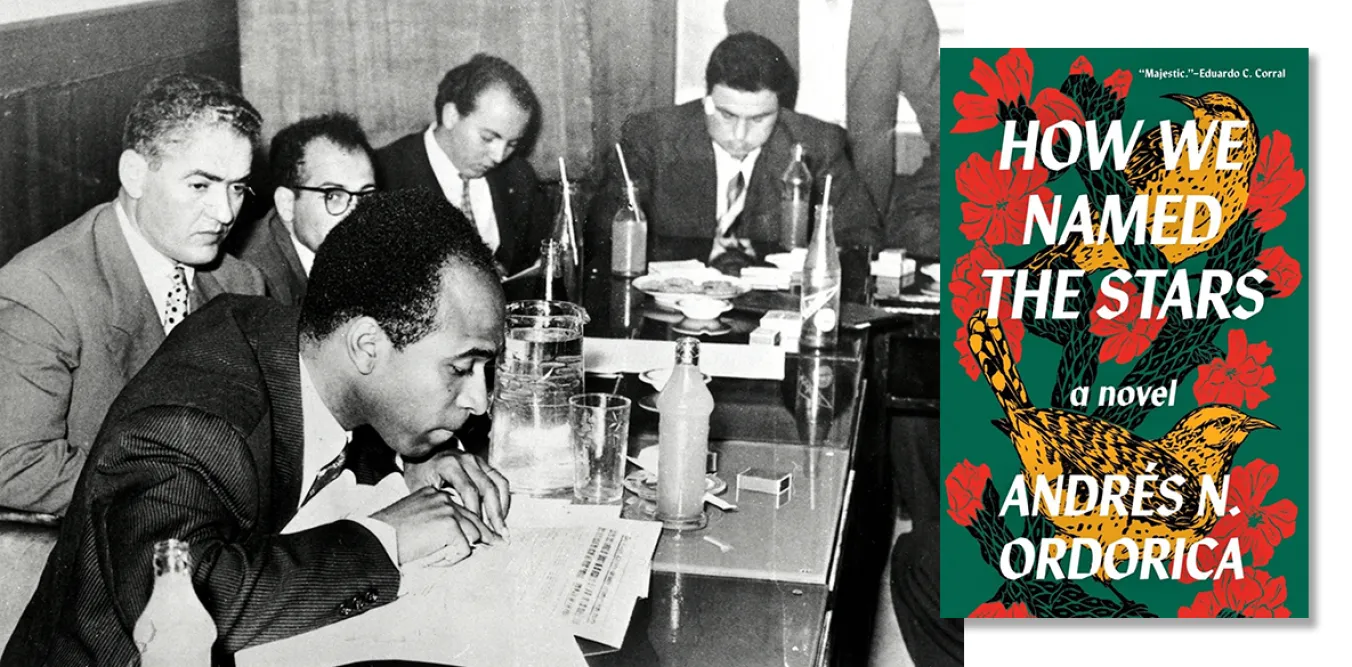
ANGUS REID deconstructs a popular contemporary novel aimed at a ‘queer’ young adult readership

A landmark work of gay ethnography, an avant-garde fusion of folk and modernity, and a chance comment in a great interview

ANGUS REID applauds the inventive stagecraft with which the Lyceum serve up Stevenson’s classic, but misses the deeper themes
Similar stories
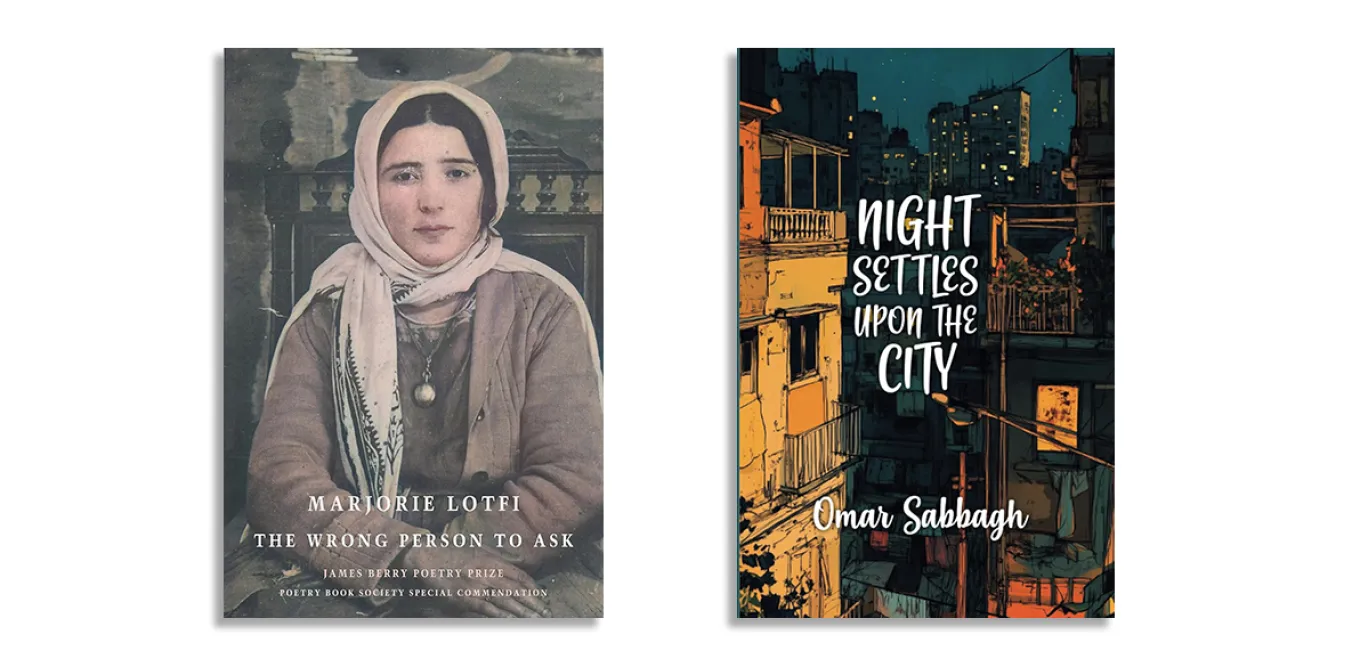
RUTH AYLETT reviews two books of poetry, one by the Iranian American Marjorie Lofti, the other by the British Lebanese Omar Sabbagh
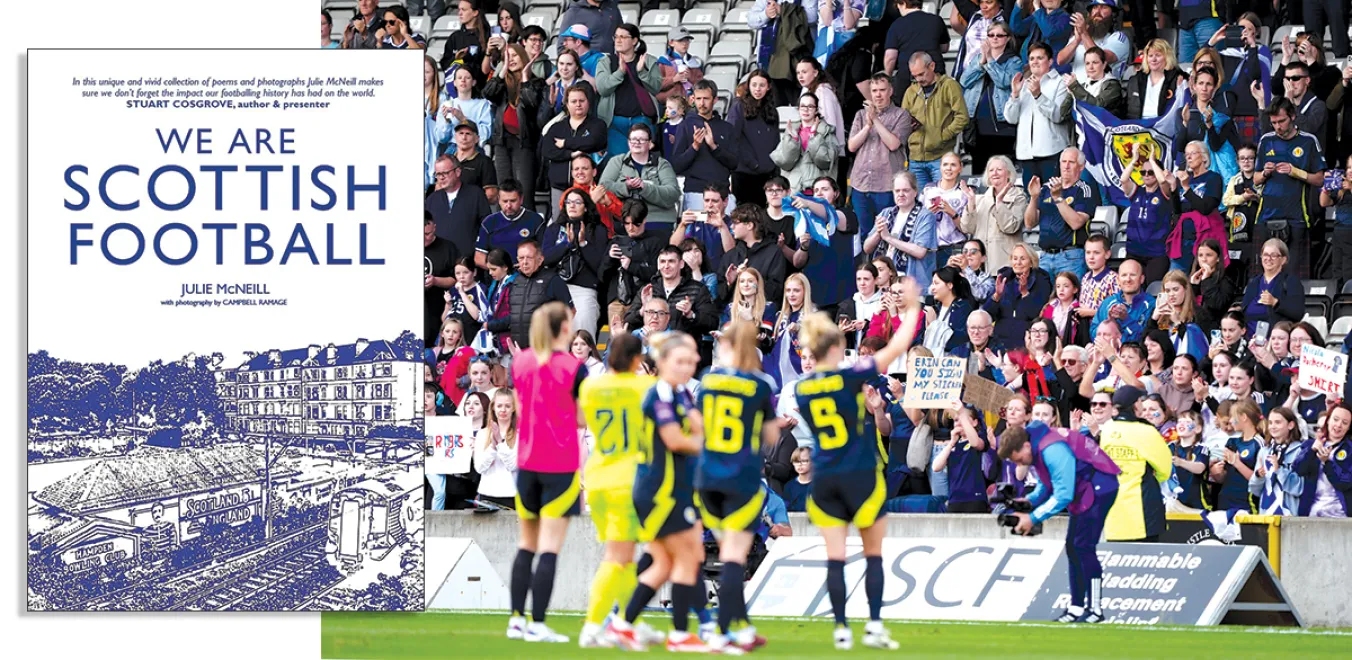
ALISTAIR FINDLAY welcomes a fine collection of football poems that celebrate a generational shift in both the sport and the culture
by Jackie Kay
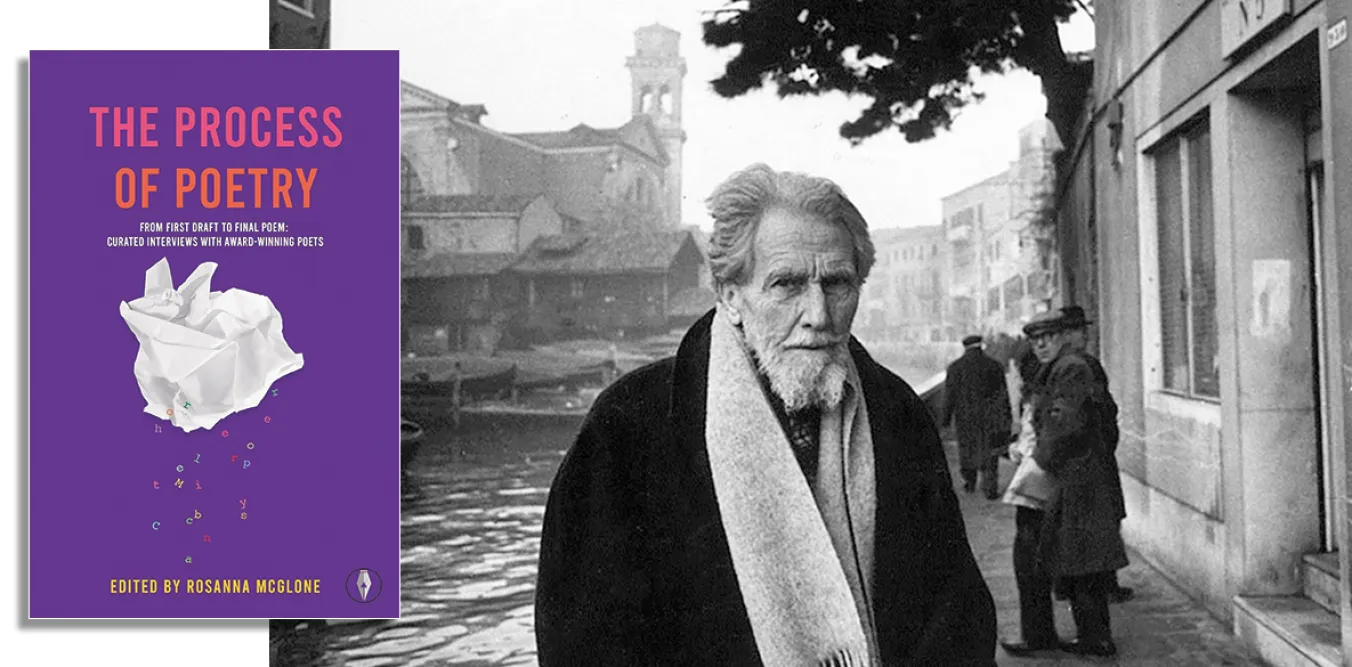
ALISTAIR FINDLAY recommends a collection of interviews with 15 award-winning poets discussing how their initial drafts became the finished poem









